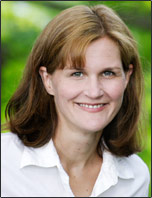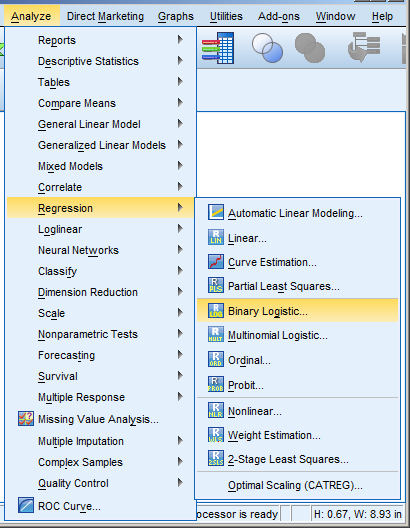Whenever you run multiple statistical tests on the same set of data, you run into the problem of the Familywise Error Rate. What this means is that the true probability
of a type 1 error somewhere in the family of tests you’re running is actually higher than the alpha=.05 you’re using for any given test.
This is a complicated and controversial issue in statistics — even statisticians argue about whether it’s a problem, when it’s a problem, and what to do about it.
In this webinar, we’ll talk about the meaning and consequences of these issues so you can make informed decisions in your data analysis.
We’ll also go through possible solutions, including post-hoc tests and the false discovery rate.
Note: This training is an exclusive benefit to members of the Statistically Speaking Membership Program and part of the Stat’s Amore Trainings Series. Each Stat’s Amore Training is approximately 90 minutes long.
About the Instructor

Karen Grace-Martin helps statistics practitioners gain an intuitive understanding of how statistics is applied to real data in research studies.
She has guided and trained researchers through their statistical analysis for over 15 years as a statistical consultant at Cornell University and through The Analysis Factor. She has master’s degrees in both applied statistics and social psychology and is an expert in SPSS and SAS.
Not a Member Yet?
It’s never too early to set yourself up for successful analysis with support and training from expert statisticians.
Just head over and sign up for Statistically Speaking.
You'll get access to this training webinar, 130+ other stats trainings, a pathway to work through the trainings that you need — plus the expert guidance you need to build statistical skill with live Q&A sessions and an ask-a-mentor forum.
Need to run a logistic regression in SPSS? Turns out, SPSS has a number of procedures for running different types of logistic regression.
Some types of logistic regression can be run in more than one procedure. For some unknown reason, some procedures produce output others don’t. So it’s helpful to be able to use more than one.
Logistic Regression
 Logistic Regression can be used only for binary dependent (more…)
Logistic Regression can be used only for binary dependent (more…)
Cluster analysis classifies individuals into two or more unknown groups based on a set of numerical variables.
It is related to, but distinct from, a few other multivariate techniques including discriminant Function Analysis, (more…)
 One of our instructors–David Lillis–recently gave a talk in front of the Wellington R Users Group highlighting 15 Tips for using the R statistical programming language aimed at the beginner.
One of our instructors–David Lillis–recently gave a talk in front of the Wellington R Users Group highlighting 15 Tips for using the R statistical programming language aimed at the beginner.
Below is a video recording of his presentation…
 Complex Surveys use a sampling technique other than a simple random sample. Terms you may have heard in this area include cluster sampling, stratified sampling, oversampling, two-stage sampling, and primary sampling unit.
Complex Surveys use a sampling technique other than a simple random sample. Terms you may have heard in this area include cluster sampling, stratified sampling, oversampling, two-stage sampling, and primary sampling unit.
Complex Samples require statistical methods that take the exact sampling design into account to ensure accurate results.
This webinar, by guest presenter Dr. Trent Buskirk, will give you an overview of the common sampling techniques, and their effects on data analysis.
This webinar has already taken place. You can gain free access to a video recording of the webinar by completing the form below.
Multicollinearity isn’t an assumption of regression models; it’s a data issue.
And while it can be seriously problematic, more often it’s just a nuisance.
In this webinar, we’ll discuss:
- What multicollinearity is and isn’t
- What it does to your model and estimates
- How to detect it
- What to do about it, depending on how serious it is
Note: This training is an exclusive benefit to members of the Statistically Speaking Membership Program and part of the Stat’s Amore Trainings Series. Each Stat’s Amore Training is approximately 90 minutes long.
(more…)






